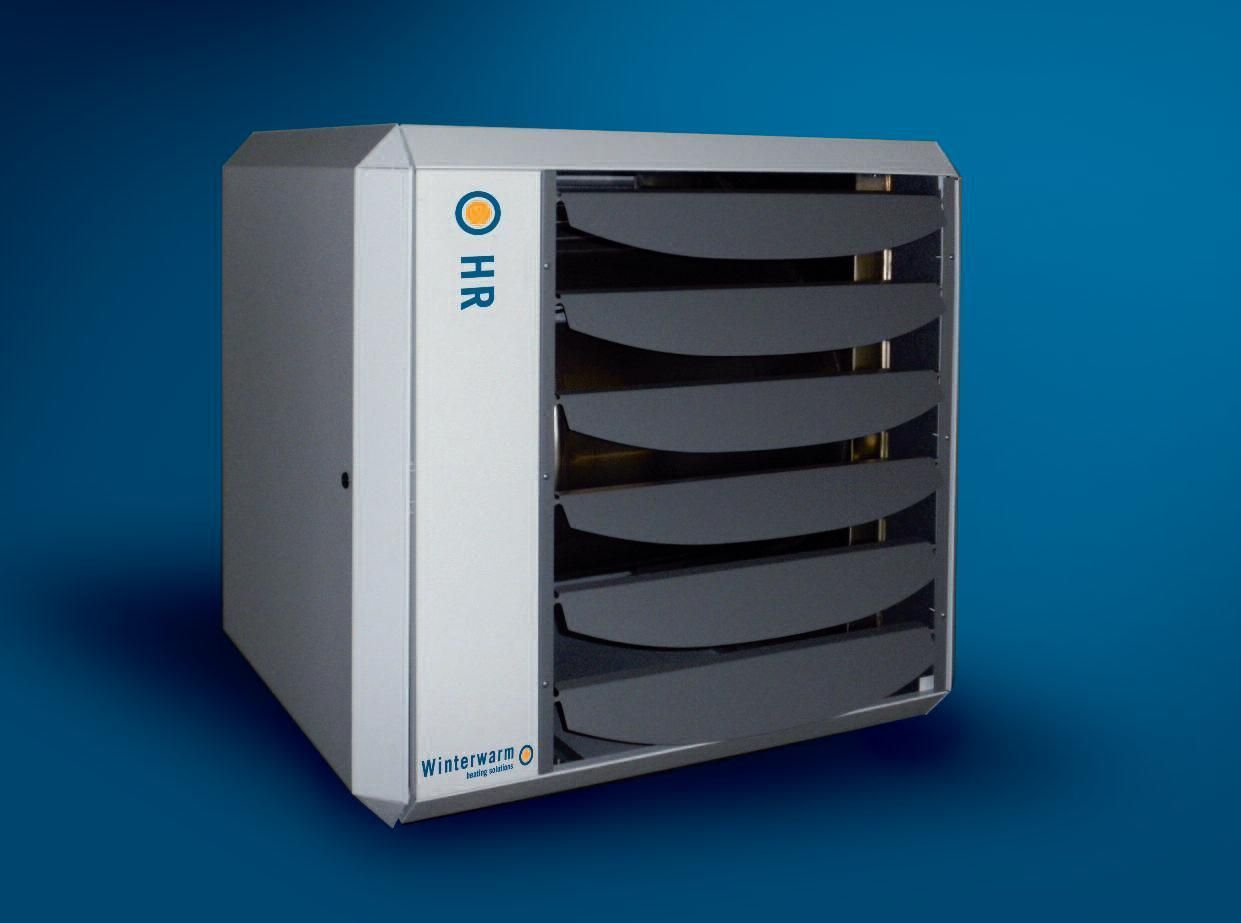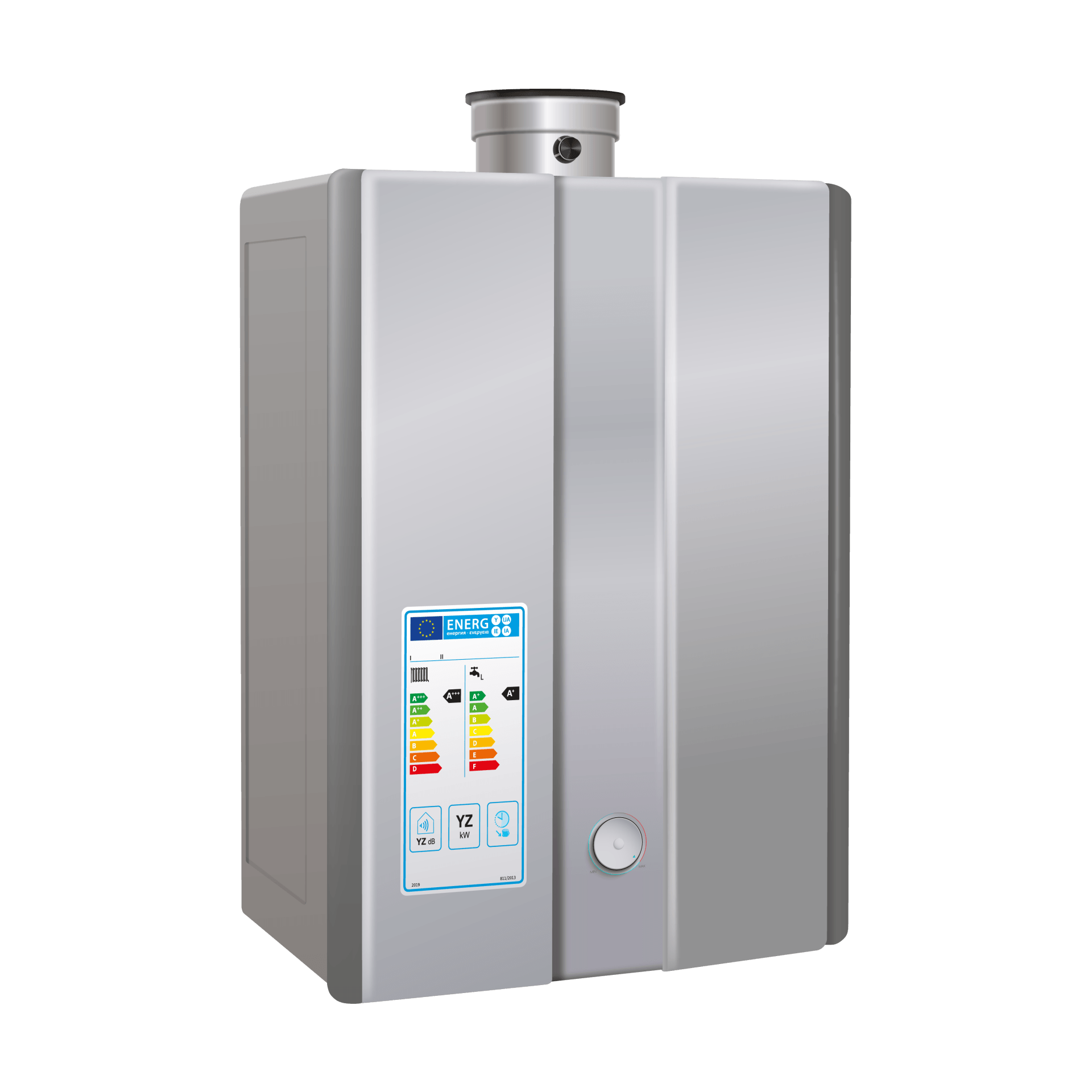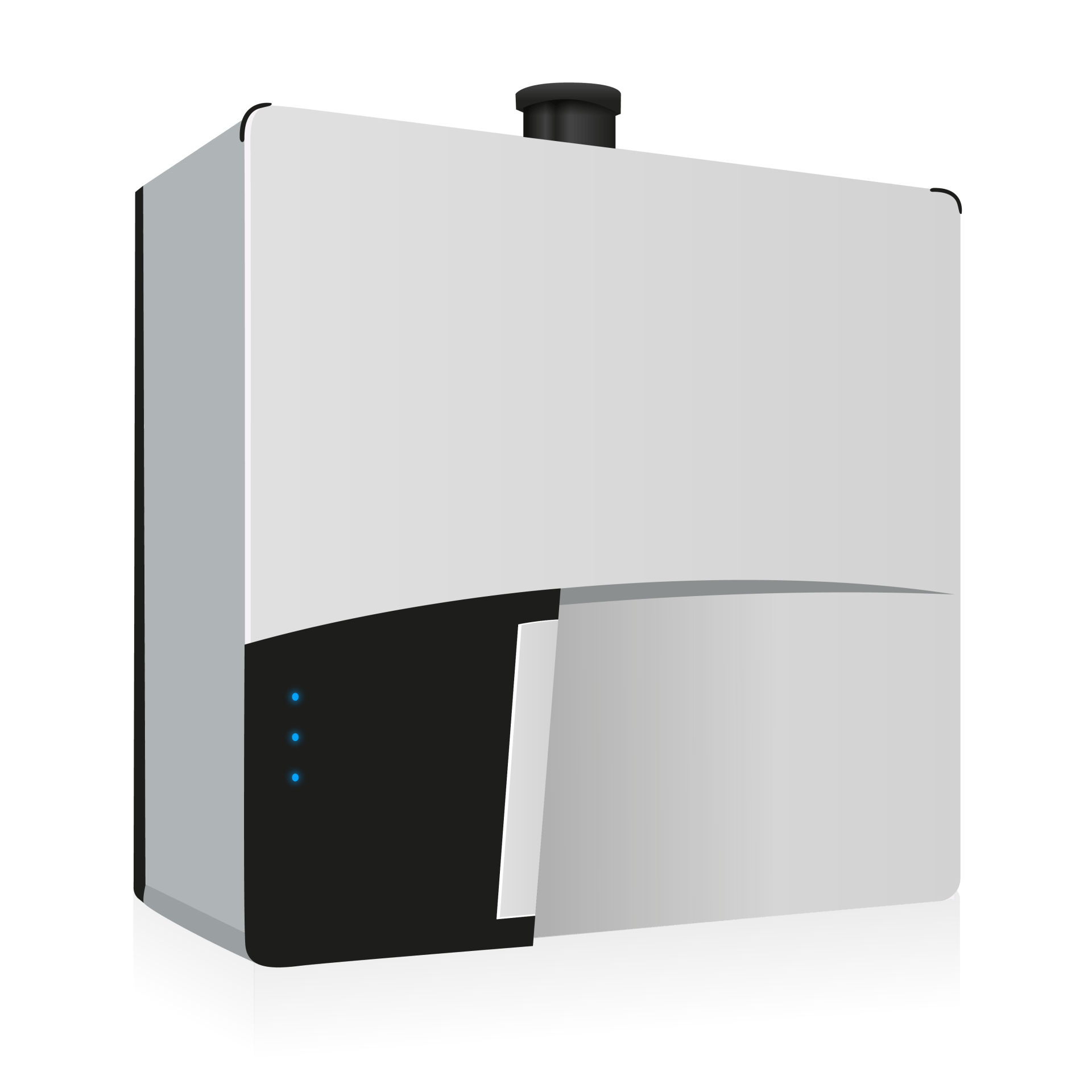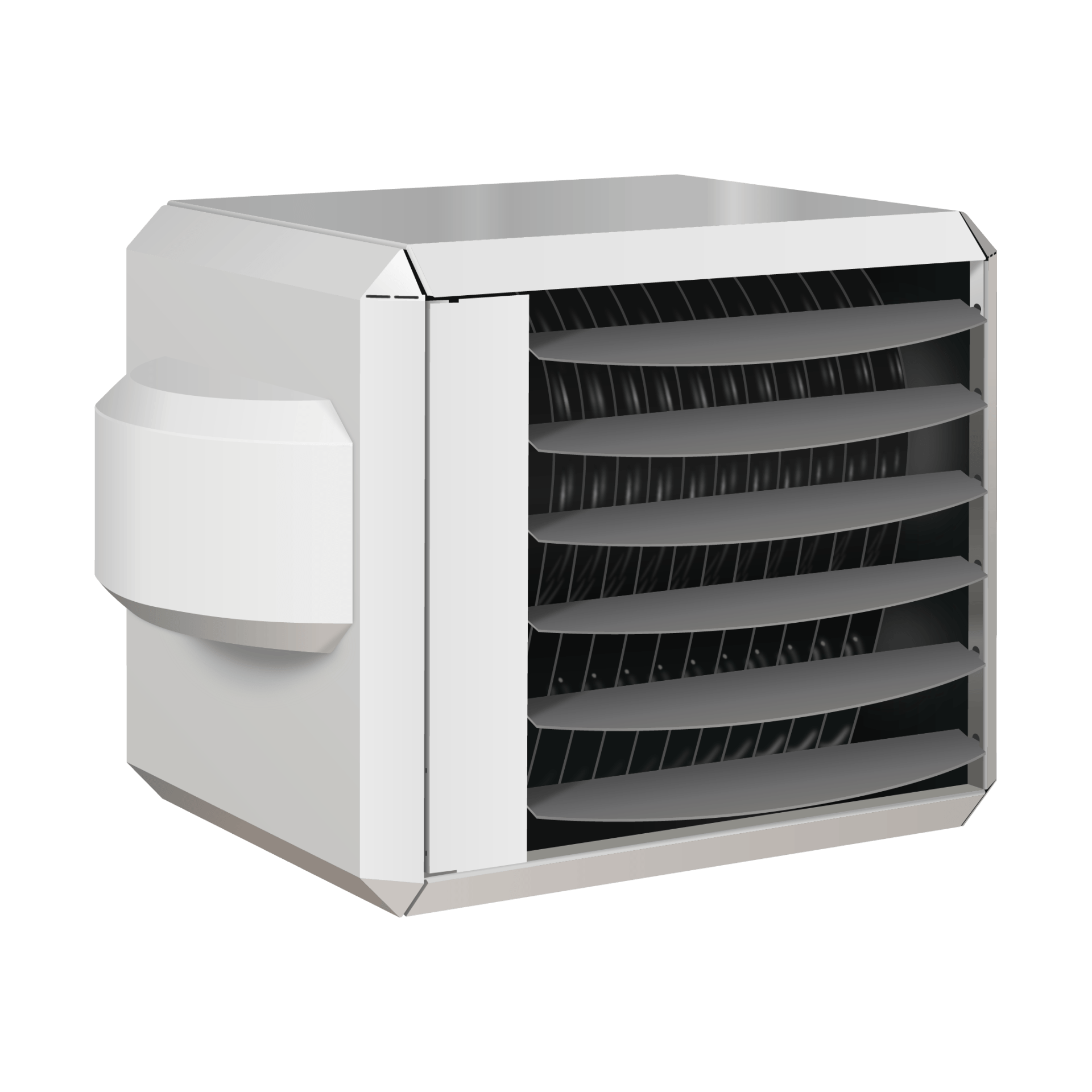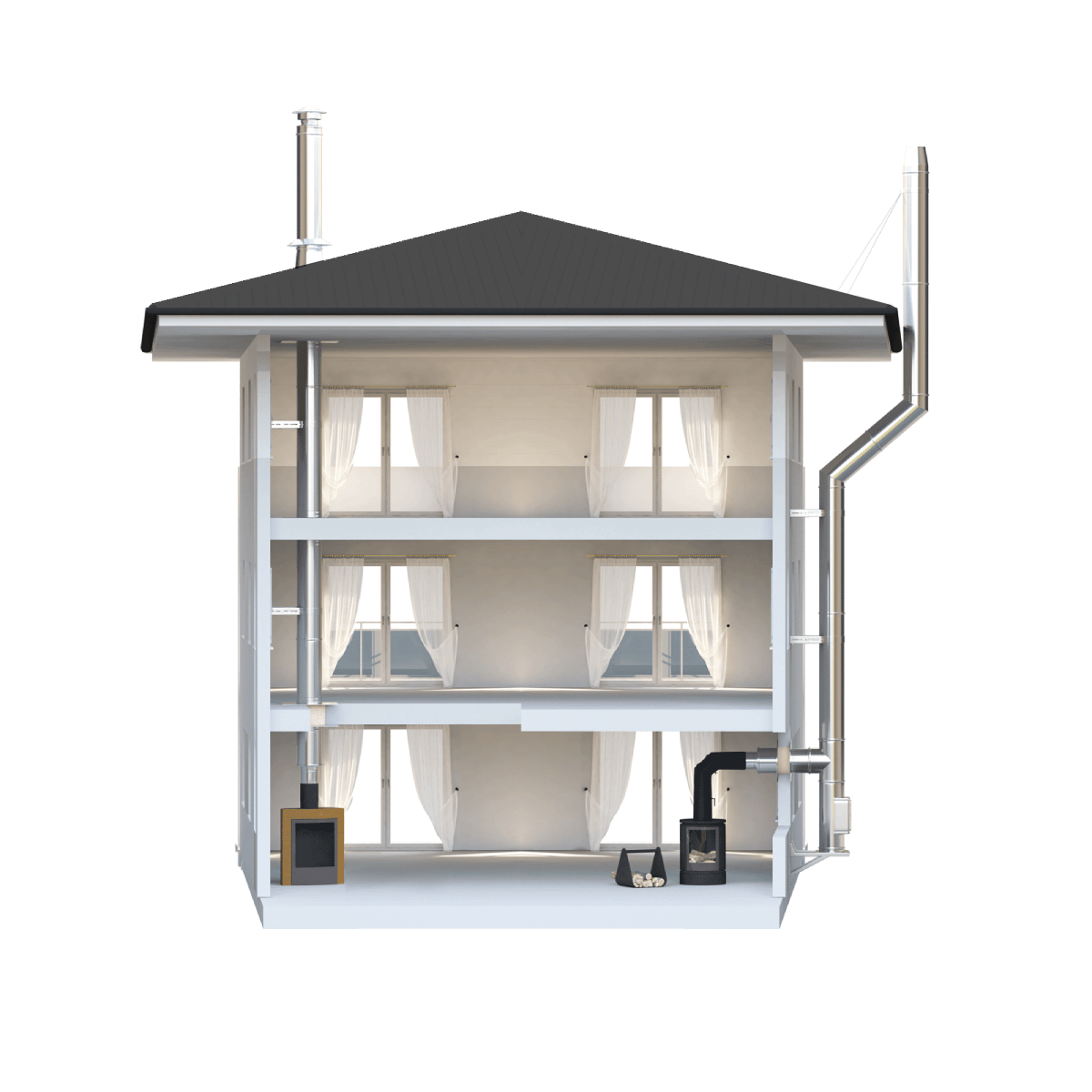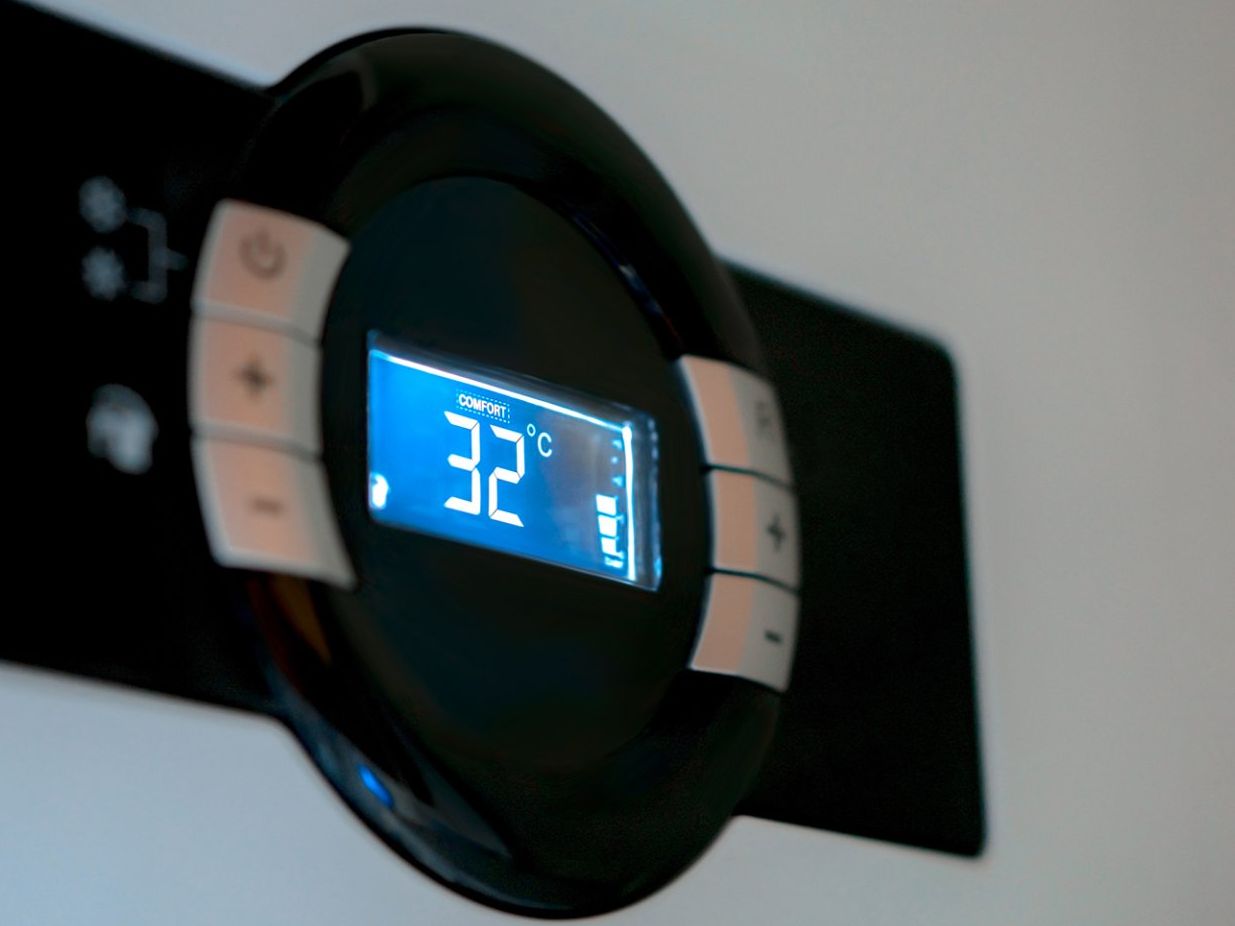How to Reduce Sports Club Heating Costs in the UK
You’re managing your sports club’s finances and you know that heating costs are a big one. But did you know there are ways to reduce those costs and create a more sustainable future for your club? By reviewing your current heating system, optimising its performance and implementing smart controls you can make a start on those costs. But that’s just the beginning - there’s more to explore from insulation to renewable energy. What else can you do to keep the heat on and costs down?
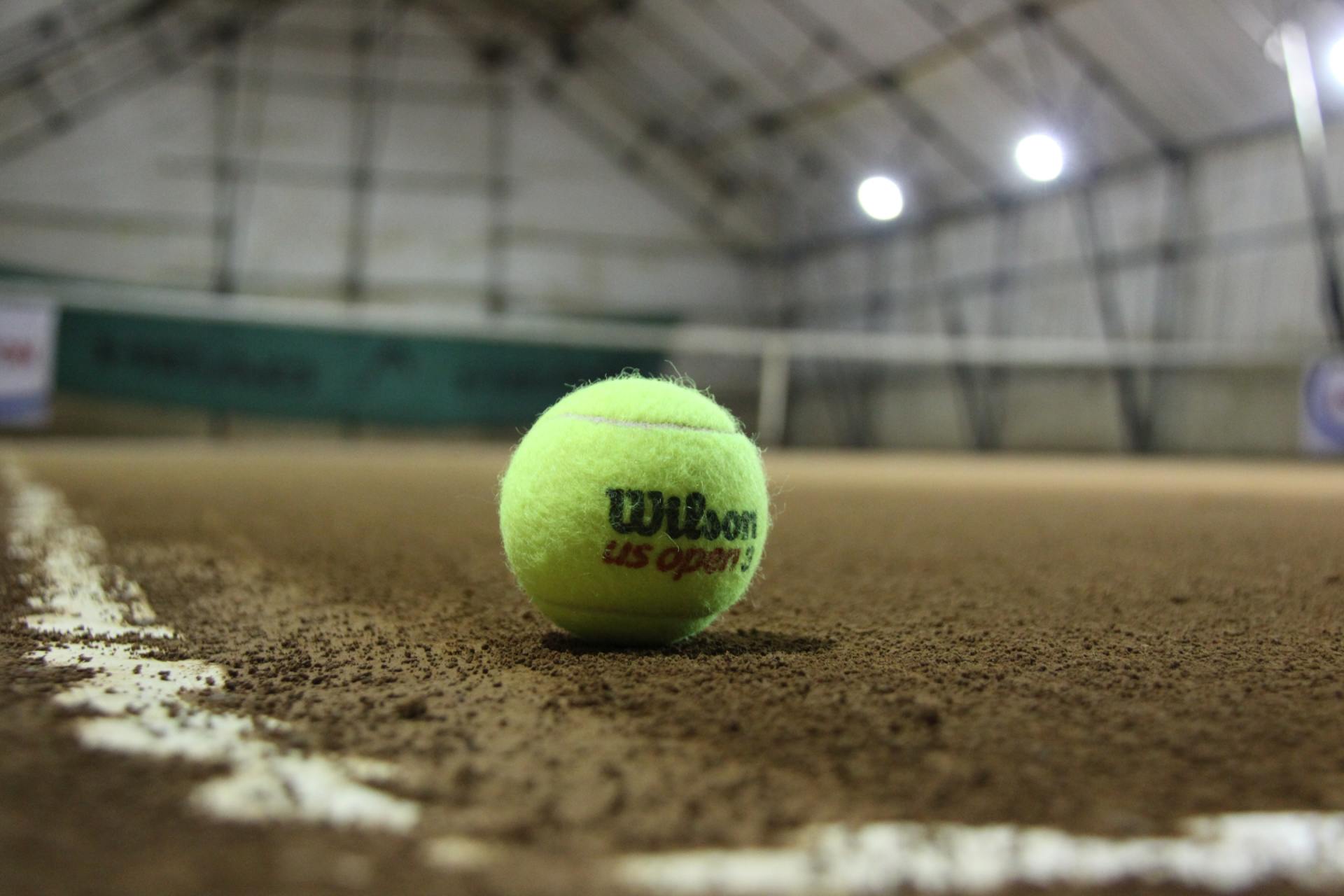
Review Current Heating Systems
How efficient is your sports club’s current heating system and is it meeting your facility’s needs? Reviewing your current heating system is the first step to reducing heating costs.
Take a look at your sports facilities, including leisure centres and evaluate their energy efficiency. Are they wasting energy or are they running at maximum performance?
Check your ventilation system to see if it’s working in conjunction with your heating system. A good working ventilation system can reduce heating costs by circulating warm air more efficiently.
Do an energy audit to identify the areas of inefficiency and opportunities for improvement. This will give you a clear picture of your energy usage and where to make changes.
Boiler Efficiency Ratings
You can cut your sports club’s heating costs by half by choosing a boiler with the right efficiency rating for your facility.
Boiler efficiency ratings are key to how much energy your system boiler uses. A higher rating means your boiler converts more energy into usable heat, less waste and more savings.
When buying a new boiler look for the Seasonal Efficiency of Domestic Boilers in the UK (SEDBUK) rating which is A to G. Aim for an A rated boiler which has an efficiency of 90% or above.
For a sports club a system boiler is often the best option. They’re designed to provide hot water and heating at the same time so are perfect for facilities with high demand.
When choosing a system boiler consider the kW output for your heating installation. A correctly sized boiler will optimise energy efficiency and costs.
Insulate Pipework and Buildings
You’ve optimised your boiler’s efficiency so you’ve made a big step to reducing your sports club’s heating costs but it’s equally important to look at the infrastructure that distributes the heat as uninsulated pipework and buildings can waste a lot of energy.
Insulating pipework is a key step to reducing energy losses. Uninsulated pipes can lose up to 30% of the heat they carry resulting in a lot of energy waste. By insulating your pipework you can reduce this loss and make sure the heat your boiler produces, whether it’s an ATAG system boiler (60kW) or a RINNAI ZEN-24 indoor / outdoor combination boiler (24kW) reaches its destination.
Insulating your buildings is also key to reducing heat loss. A well insulated building can reduce heat loss by up to 50% resulting in big energy savings. By insulating your pipework and buildings you can reduce your sports club’s heating costs and save energy.
This is a simple step to reducing your energy bills and your carbon footprint.
Install Efficient Boilers
Now the infrastructure is in place it’s time to look at the heart of your sports club’s heating system: the boiler.
Switching to an efficient model like the Q60SR ATAG System Boiler (60kW) or the RINNAI ZEN-35 Indoor / Outdoor Combination Boiler (35kW) will make a big difference to your energy usage.
As a sports club in the UK reducing heating costs is key to budgeting.
By installing an efficient boiler you can reduce energy waste and lower your bills.
When buying a new boiler consider kW output, fuel type and system design to make sure it meets your club’s requirements.
Efficient boilers like the Q60SR ATAG System Boiler or the RINNAI ZEN-35 Indoor / Outdoor Combination Boiler are designed to perform at their best while using less energy.
Smart Heating Controls
Upgrading to smart heating controls will improve your sports club’s heating system so it can learn and adapt to your habits and needs.
By installing smart heating controls you can optimise your energy usage and reduce sports club heating costs. For example you can integrate these controls with your existing ATAG system boiler (51kW) or Rinnai Zen-24 LPG modular solution to create a more efficient system.
Smart heating controls allow you to schedule heating sessions, monitor energy usage and receive alerts when maintenance is required.
This level of control allows you to see where the inefficiencies are and make adjustments to reduce waste. Smart heating controls can also learn your sports club’s occupancy patterns and adjust the heating system accordingly so energy isn’t wasted on unoccupied areas.
Reduce Heat Loss in Sports Halls
In sports halls where heat escapes through large windows, high ceilings and gaps in the walls you can take specific measures to reduce heat loss and your sports club’s heating costs.
One way to do this is to make sure your sports hall is well insulated. Check for gaps and cracks in the walls, floor and ceiling and fill them with insulation material. This will stop heat escaping and reduce the need for over heating.
Also consider upgrading to energy efficient windows which will reduce heat loss through conduction and convection. You can also install thermal curtains or blinds to keep the heat in during cold weather and out during warm weather.
In the UK where heating costs are high reducing heat loss in sports halls is key to having an efficient and cost effective facility. By doing this you can reduce your sports club’s heating costs and create a more comfortable and sustainable environment for your members.
Renewable Energy
By using renewable energy you can reduce your sports club’s dependence on fossil fuels and lower your heating costs.
Renewable energy sources such as solar, wind and biomass are a cost effective alternative to traditional energy sources. Not only do they reduce energy costs but also your club’s carbon footprint.
With energy prices rising investing in renewable energy sources can help offset the price increases on your sports club’s budget.
For example installing solar panels can provide a big chunk of your club’s energy needs reducing your dependence on fossil fuels and energy costs.
Also renewable energy sources are getting more energy efficient so it’s an option for sports clubs.
By switching to renewable energy you can reduce your energy costs and help the planet.
With so many renewable energy options available you need to assess your club’s energy needs and find the best solution.
Maintenance and Servicing
Servicing your sports club’s heating system regularly will help you identify and fix small issues before they become big problems.
In the UK where heating costs are high maintenance and servicing is key to reducing energy spend. By doing regular checks you can ensure your heating system is running efficiently and reduce the chance of breakdowns and repairs.
When servicing your system check and clean filters, check for leaks and make sure all components are working correctly.
Also consider replacing worn out parts or upgrade to more energy efficient models. This proactive approach will not only reduce heating costs but also extend the life of your equipment.
Also a well maintained system will provide a more comfortable environment for your members and enhance their experience at your sports club.
Monitor and Analyse Energy Usage
You can control your sports club’s heating costs by monitoring and analysing your energy usage, see where the inefficiencies are and make data driven decisions to optimise your system’s performance.
By monitoring energy usage you can see where energy is being used most and where you can improve.
This is especially important in sports facilities where heating systems are complex and energy hungry.
Summary
By following these steps you can reduce your sports club’s heating costs in the UK.
Assess your current heating system, then optimise boiler efficiency, insulate pipework and buildings and install energy efficient boilers.
Use smart heating controls, reduce heat loss and use renewable energy.
Maintain and service, monitor energy usage to see where you can improve.
You’ll save costs and help the planet.
Share.
Comment.
Latest.
